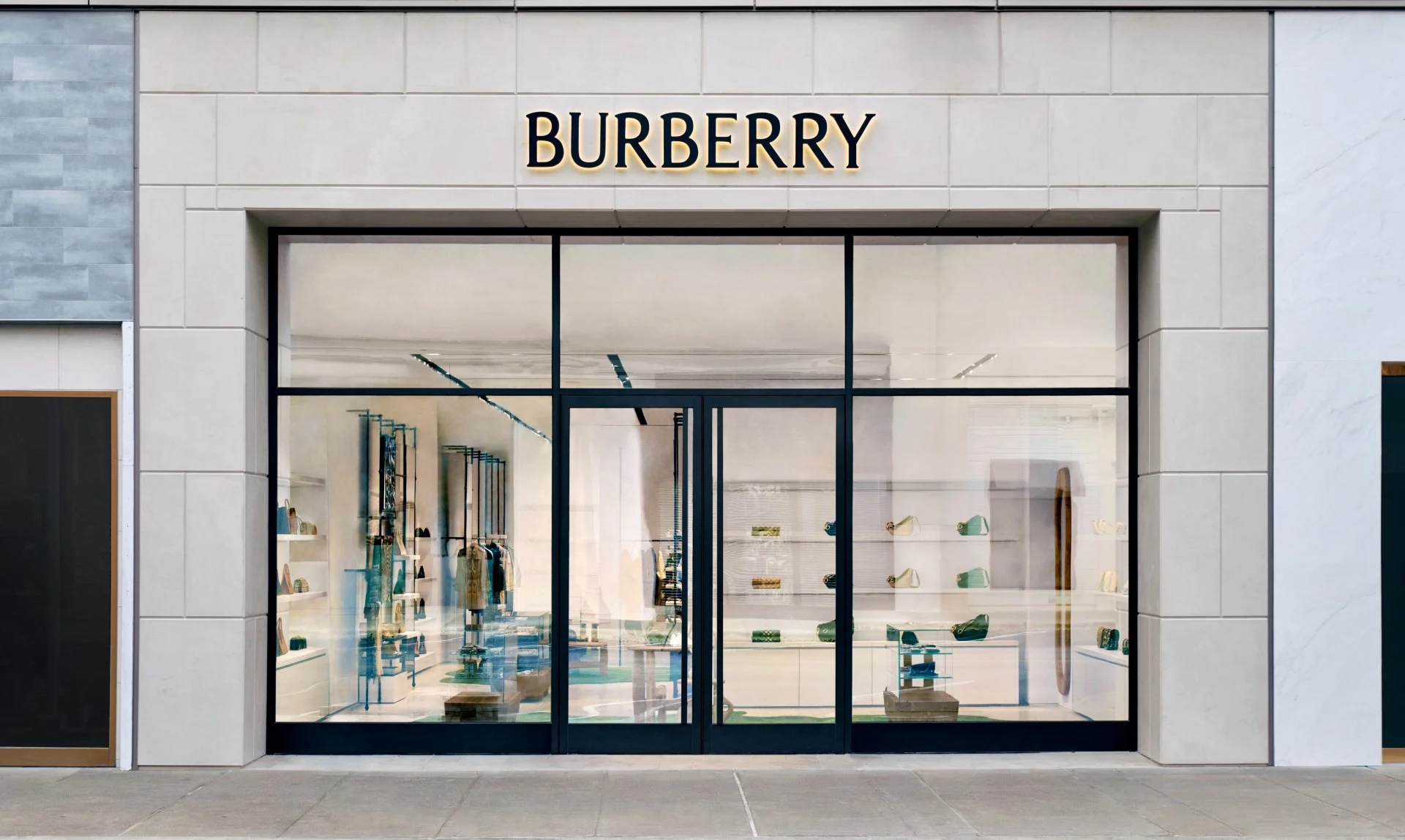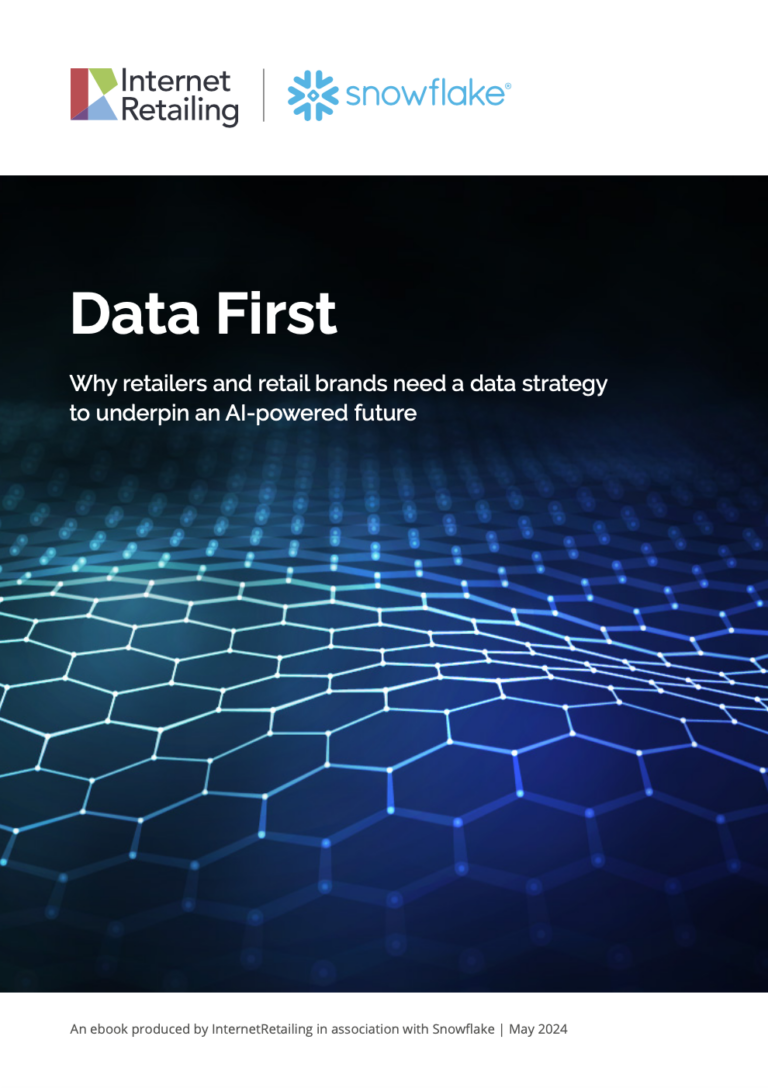Seven in 10 (70%) consumers both know about artificial intelligence-based (AI) technologies and believe they can transform their shopping experience – but 66% have yet to come across them in a retail environment, new research suggests.
Some 67% believe that putting technologies such as AI or AR (augmented reality) in place should be a priority for retailers in order to improve their in-store shopping experiences and to make them more convenient, a survey from Vista Retail Support found.
“Clearly, there is an overwhelming appetite for technologies that address the bug-bears of the physical shopping experience,” says James Pepper, technical services director, Vista Retail Support. “However, the research also reveals what could be a major blind spot for retailers, since the majority of consumers don’t feel that the requirement for technology that increases convenience is being fulfilled.
“Respondents cited their biggest complaints as items being out of stock, a general lack of customer service advisors present in stores and too much time spent queuing at checkouts. These are all areas that can be improved by existing technologies such as AI-based virtual assistants and apps that allow shoppers to pay on their smartphones instead of joining lengthy queues. There’s a reason these solutions are still deemed ‘futuristic’ and this is due to the lack of implementation taking place in brick and mortar stores.”
Most of the survey’s respondents (70%) say that they would be confident using an AI-based ‘virtual assistant’ kiosk in a retail store to remove ‘common aggravations’ from the in-store shopping experience. Almost two thirds (61%) of those who would find value in a virtual kiosk believe it would help them find out about products they would like to purchase that they might not have been aware of, suggesting that retailers investing in the technology could see an increase in sales as a result.
When asked which types of retailer would benefit most from the adoption of AI and AR-based technologies, respondents top choices were fashion and electronics stores followed by domestic appliance stores. Grocery and convenience stores were identified as the places where consumers least expect the technology to enhance their shopping experience.
“Respondents cited their biggest complaints as items being out of stock, a general lack of customer service advisors present in stores and too much time spent queuing at checkouts,” said Pepper. “These are all areas that can be improved by existing technologies such as AI-based virtual assistants and apps that allow shoppers to pay on their smartphones instead of joining lengthy queues. There’s a reason these solutions are still deemed ‘futuristic’ and this is due to the lack of implementation taking place in brick and mortar stores.”









